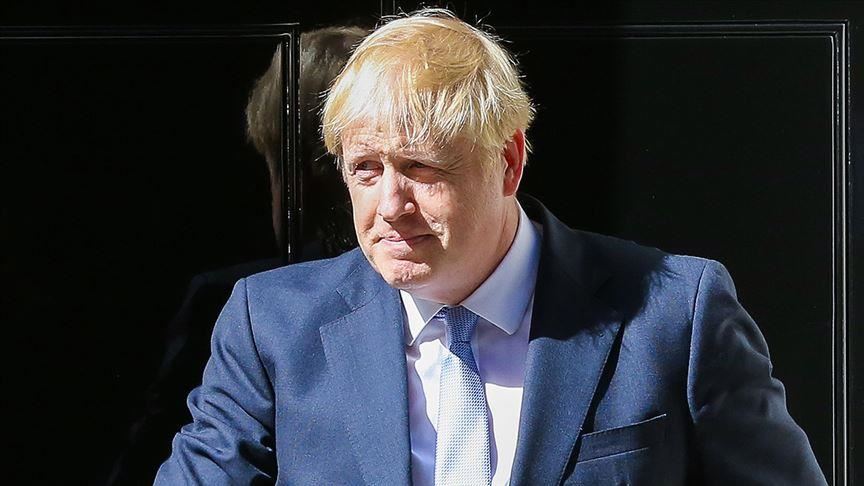
LONDON
The British queen received advice on how to sack a prime minister from government before last week’s Supreme Court decision that Boris Johnson’s prorogation of parliament was “unlawful”, according to local reports.
A report by the daily i said the British monarch asked her aides about clarification on when and how she could dismiss a prime minister who refused to step aside. The daily’s report was based on information from an unnamed source.
According to the report, Johnson phoned the monarch following a Supreme Court decision, which declared the five-week prorogation of the parliament null and void, to personally apologize to her for advising her to suspend the legislature.
“One well-placed source told me the Queen had, for the first time in her reign, sought advice on sacking a prime minister before the Supreme Court verdict,” the i report by Ian Birrell claimed.
It is a quirk of the British constitution that the Queen retains a number of personal discretionary powers, which include the right to appoint the prime minister and other ministers, according to the report.
A House of Commons select committee established in 2003 that these powers also include a right for the sovereign in a “grave constitutional crisis” to act contrary to, or even without, ministerial advice, the i also reported.
The Buckingham Palace is quoted to have said it did not comment on rumors.
The political conundrum in Britain continues around the controversial Brexit issue as opposition parties have already agreed to act against a total exit from the EU with no deal.
Led by Labour Party leader Jeremy Corbyn, the opposition are reported to be exploring the idea of setting up an interim government in case they win a proposed no confidence vote against Johnson.
If Johnson loses such a vote and is unlikely to receive confidence in two weeks, he will have to step aside and the Queen can ask any MP who could provide a majority of votes in the House to form a new interim government until the next election.
Johnson has said he would not ask for another extension from the bloc, despite a law which blocks a no-deal Brexit and requires the prime minister to request for such an extension if a deal can not be reached with the bloc by Oct. 19.
Britain is set to leave the EU on Oct. 31 and prospects of a deal are fading as EU officials say they have not received new workable plans to replace the Irish backstop clause, which has been the most problematic part of the deal reached by previous premier Theresa May.
Anadolu Agency website contains only a portion of the news stories offered to subscribers in the AA News Broadcasting System (HAS), and in summarized form. Please contact us for subscription options.





